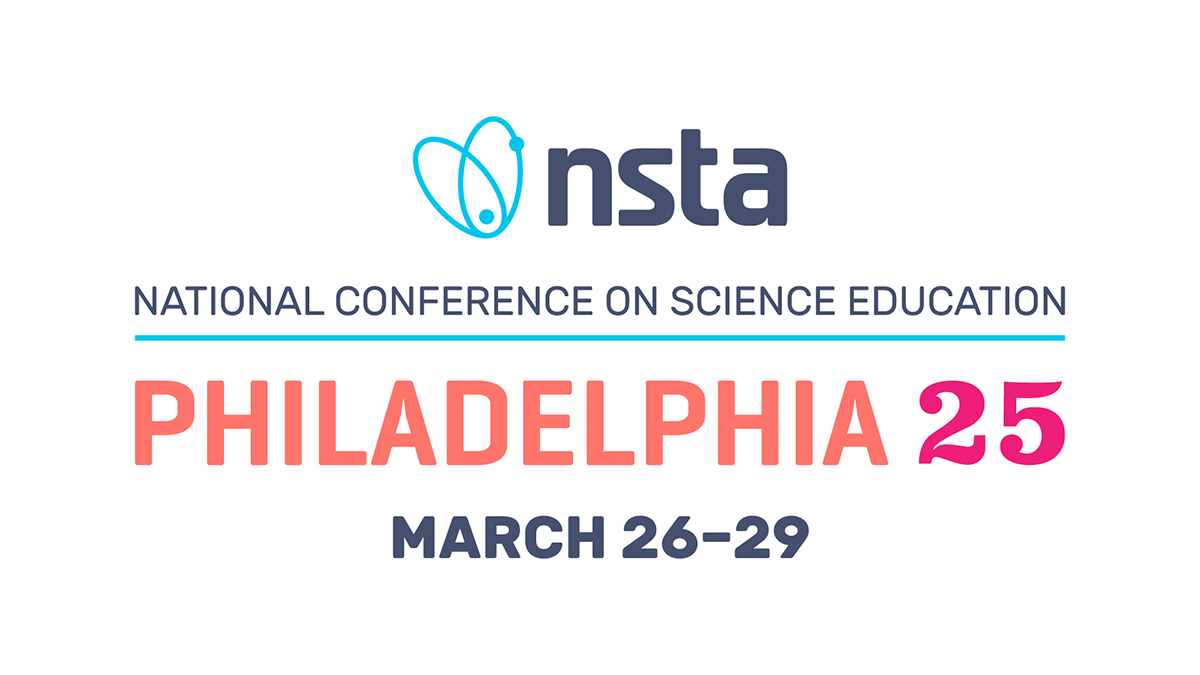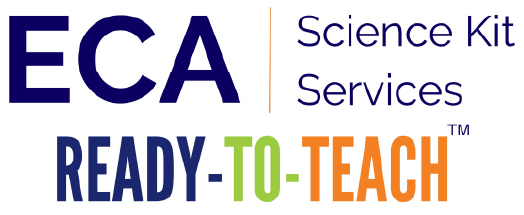Leaders Institute
National Conference in Philadelphia • March 26, 2025
Join fellow administrators for a day of empowering strategies, connection, and inspiration through focused leader-centric professional learning.
At NSTA’s Leaders Institute, education leaders will explore practical, research-based approaches that transform teaching and learning in the classroom, participate in formative conversations with subject-matter experts, boost their leadership skills, and expand their network of supportive colleagues and peers. Don’t miss this immersive, full-day learning experience—you will come away with actionable insights into your own leadership, a renewed sense of purpose for your work, and clarity about future goals for your ongoing growth as a leader.
Full-Day Workshops
Leadership for the Implementation of High-Quality Instructional Materials
How can we use high-quality instructional materials (HQIM) to design more equitable systems? Join us to consider how leaders rally interest and build internal capacity for the selection and effective implementation of high-quality instructional materials. Work with other leaders to consider strategies to make the case for change toward more equitable systems that support all learners in the system and the role of HQIM in leading ongoing science improvement efforts.
Key Takeaways
- Consider how high-quality instructional materials can be used to design more equitable systems
- Discuss how to share the vision, support implementation, and build internal capacity for ongoing support for curriculum implementation
Presenters
Jenine Cotton-Proby
Science Educator
BSCS Science Learning
Jody Bintz
Director, Strategic Partnerships & Educator Learning
BSCS Science Learning
Jim Short
Research Affiliate
BSCS Science Learning
Leading the Transition to 3-D Science Teaching and Learning: Understanding the Shift to NGSS, STEELS, and other Three-Dimensional Standards
This session is designed for building, curriculum, and district leaders new to three-dimensional science learning, as captured in the NGSS, Pennsylvania’s STEELS framework, and three-dimensional standards. Participants will explore how these standards differ from traditional approaches and understand their transformative impact on science education. Through hands-on student tasks and authentic classroom footage, attendees will build a strong foundation in three-dimensional learning and leave equipped to lead this shift within their districts.
Key Takeaways
- Gain hands-on experience with three-dimensional science standards and the associated shifts in student tasks.
- Observe these standards in action in a real science classroom and engage in discussions with peers.
- Reflect on the types of support teachers will need to transform science instruction in your school.
Presenters
Dr. Elizabeth Pawlowski
Director of Curriculum, STEM PreK-12
Taunton Public Schools, MA
Zoe Evans
Assistant Superintendent of Curriculum and Instruction
Bremen City Schools, GA

Expand your leadership skills at Philly25!
Participants registering for the Leaders Institute are invited to purchase conference registration at a discounted cost. Details will be emailed after you register.
Continue your leadership journey with curated conference sessions in our Leadership Pathway
Presented by BSCS Science Learning
Effective implementation of high-quality instructional materials (HQIM) holds great promise toward building an equitable system for each learner. Join us to consider how the process unfolds over time–from making the case for using HQIM, to evaluating and selecting HQIM, to providing professional learning for initial use, to sustaining broad and effective implementation. Alongside other leaders, appraise strategies for gathering and analyzing evidence of effectiveness to inform decisions.



